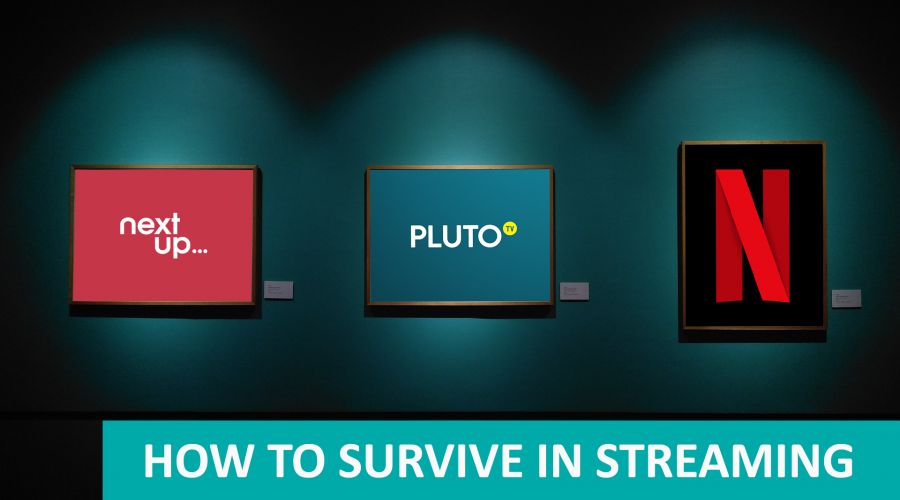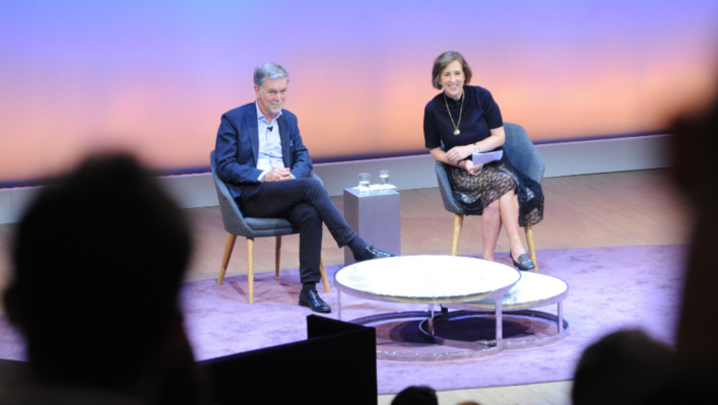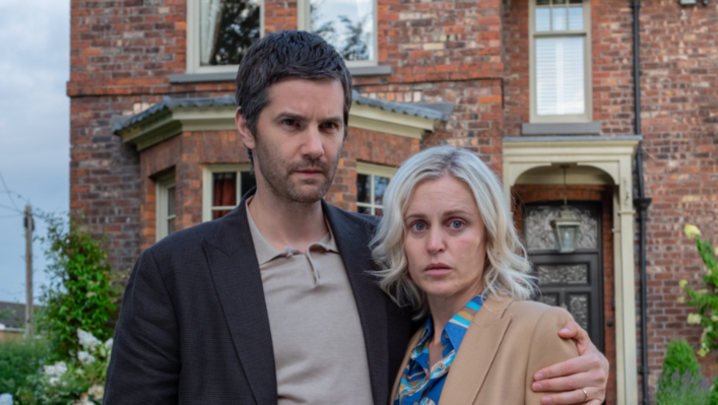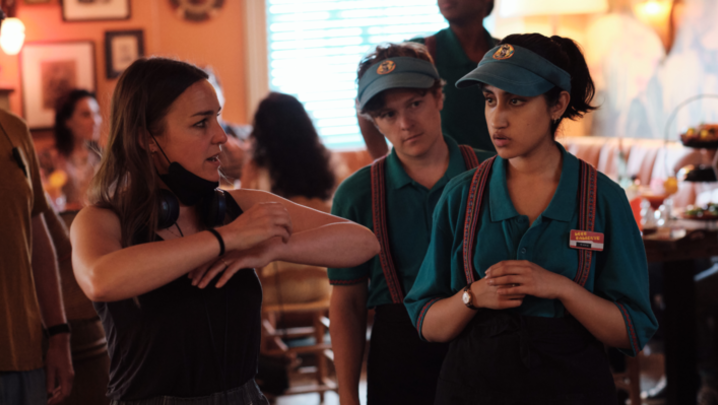Netflix and Amazon are hugely successful, but they are not the only templates for a successful streamer, discovered an RTS London event in late October.
Over the past year, SVoD services such as Disney+, HBO Max, Peacock (NBCUniversal) and AppleTV+ have come on stream, joining the likes of Netflix and Amazon.
Alan Wolk, co-founder of media consultancy TV[R]EV, speaking from New Jersey, dubbed the streaming boom a “flixcopalypse”. He said two more – Paramount+ and Discovery+ – were due to launch soon.
Success is not guaranteed. The short-form streamer Quibi, launched by former Disney exec Jeffrey Katzenberg, collapsed this month after only half a year in business.
But Wolk predicted: “There’s room for most of them to survive. It will be at least five years before any of them stumbles.
“They need to figure out what they’re going to be when they grow up. Right now, they’re trying to be all things to all people.”
Wolk argued that many of the large streamers would operate three-tier platforms: a free advertiser-supported service, and subscription ad-supported and subscription ad-free services.
Following the Netflix model, the streamers would expand internationally. “This will prove very disruptive to the entire television industry around the world,” he said.
Pluto TV, a free ad-supported linear TV service, offers a contrast to the SVoD model, explained Olivier Jollet, senior VP emerging business for ViacomCBS Networks, which owns the channel. Pluto launched in the US in 2014 and is now available in another 23 countries.
Speaking from Berlin, Jollet said: “We believed from day one that a well-curated linear channel would be appealing as TV moved to the internet.
“People are creatures of habit and don’t want to spend 20 minutes looking to find a piece of on-demand content every time they want to be entertained.”
Pluto TV’s 200-plus channels are structured thematically by genres such as comedy, sport and entertainment. “We’re offering a new way of watching linear content,” Jollet added.
Daniel Berg, co-founder of NextUp Comedy, an SVoD service offering live comedy, joined the event from London, explaining the rationale of the niche start-up: “Comedy fans weren’t getting served on demand the comedy [they] saw winning awards, selling out and gaining critical acclaim.”
He said that more than 90% of critically acclaimed shows at the Edinburgh Festival Fringe were not filmed: “That’s exactly the kind of content that NextUp looks to film and acquire.
“Stand-up comedy costs an absolute fraction of traditional genres, around 3% we estimate, so it’s an incredibly cost-effective genre for us to fill.”
‘How to survive in streaming’ was held on 28 October. The RTS London event was chaired by the journalist Nadine Dereza, and produced by Philip Barnes and Damien Ashton-Wellman.









